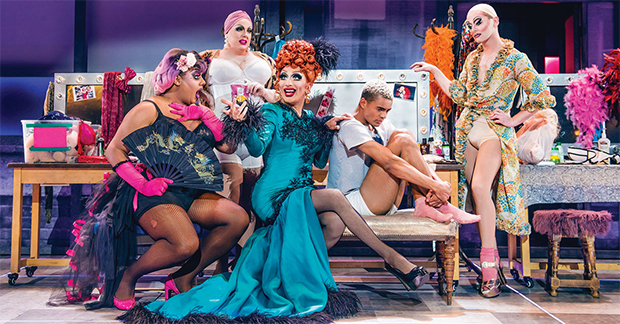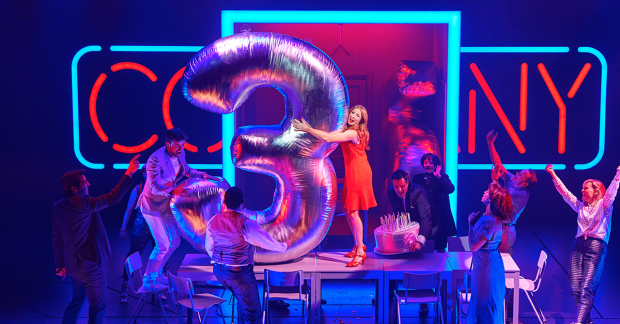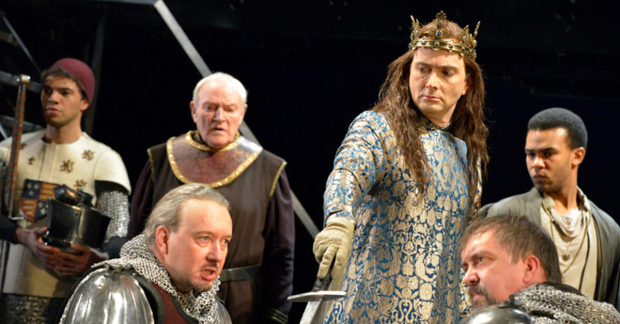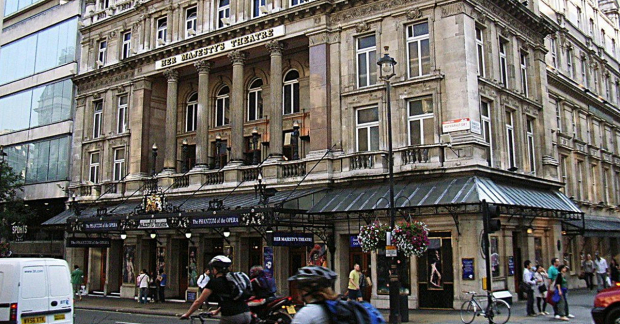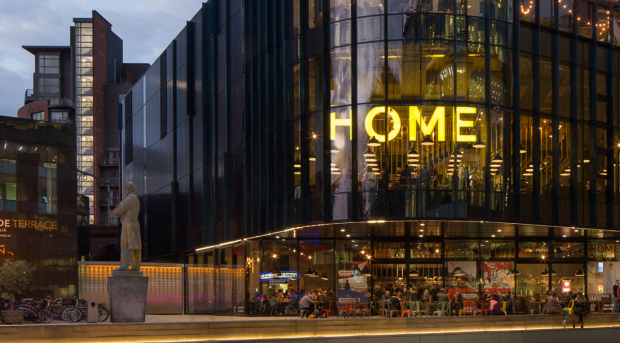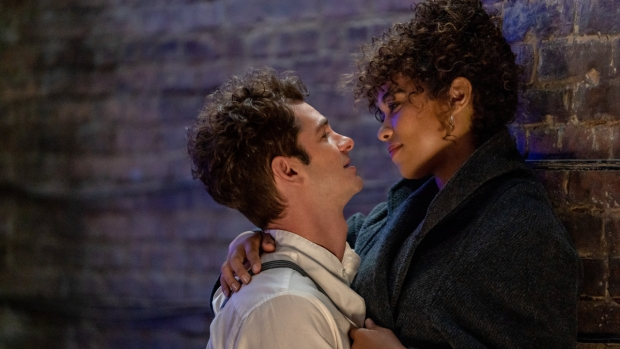Virtual virtues – what is the role of VR in theatre?
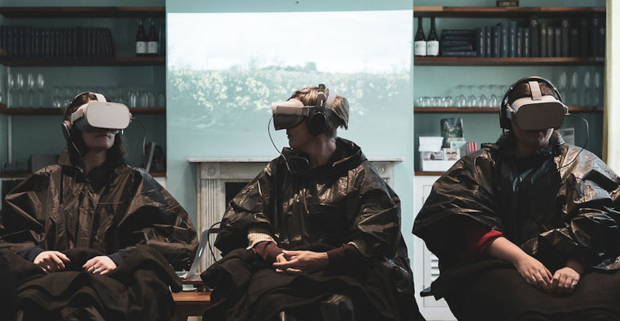
© Hannah Pye
Bearing in mind it was initially developed in the 1960s for medical and military purposes, virtual reality has come a long way, particularly in the last decade. Consider Oculus as an example, a company manufacturing the most advanced commercial VR headsets available today. Founded in 2012, they relied on a $2.5 million Kickstarter campaign to get business off the ground and just two years later were bought by Facebook for a cool $2 billion.
Whilst the technology is most widely associated with video game developers, VR is becoming more prevalent in not only digitised theatre platforms but productions also. Theatre companies like Electrick Village (whose most recent show RAWTRANSPORT™ ran at Vault Festival in February) are utilising VR's potential to engage with audiences on previously unexplored levels by blending real and virtual worlds. The company's founders Carly McCann and Ben Grant have chosen to specialise in the medium because of the "amazing ability to suspend audience disbelief" and allow "participants to feel transported, whatever the physical space."
Whether VR continues to increasingly appear in theatre spaces might depend upon how commercially available the technology becomes. McCann and Grant believe that whilst VR currently attracts a specific audience, their shared belief is that "more people are willing to try as it becomes familiar to the public." The Immersive Storytelling Studio at the National Theatre has been a key player in bringing the combination of VR technology and theatre to mainstream audiences. People undeniably harbour doubts and misgivings about VR and the NT's aim is to dispel the surrounding myths by producing quality content.
All Kinds of Limbo, a NT production created by musician Nubiya Brandon and featuring Raffy Bushman and NuShape Orchestra, was originally shown at the Wolfson Gallery last year. In the time since, the team have reconfigured the show for the 2020 Sundance Film festival and most recently at the Tate Exchange, a collaborative space at the Tate Modern.
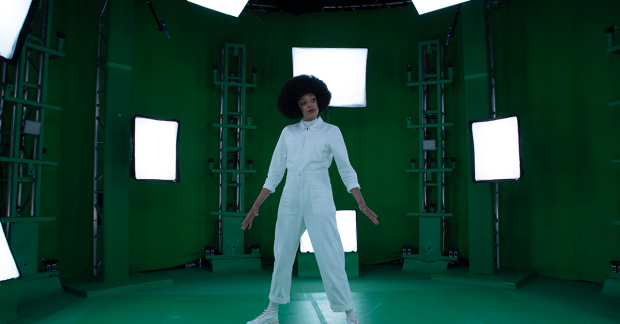
© National Theatre
Watching trailers of the production online cannot prepare for what the real experience with an Oculus Quest headset is like. For someone whose previous VR experience amounts to an iPhone slotted into a foldable cardboard headset, this is night and day. If anything the VR aspect is so visceral, it was easy to zone out from the narration and music entirely just to revel in the quality of the experience. This might not be an issue with someone more accustomed to VR but it is a relief that the soundtrack is available to stream online – the sense of immersion can be totally consuming.
Aside from the logistical challenge of constantly trying to keep pace with VR's developments, there are wider problems for theatre companies to consider with the technology. dreamthinkspeak's artistic director Tristan Sharps is an eloquent voice in the debate over the dangers of VR: "It is just a tool and as with all these technologies, it is how well you use it and how imaginatively you use it that is the important thing."
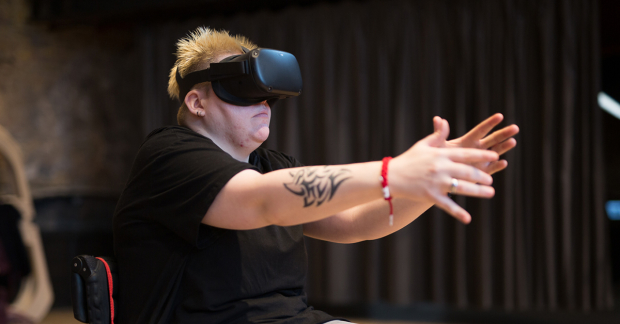
© Stephen Allwright
unReal City, dreamthinkspeak and Access All Areas' co-production, in collaboration with All Seeing Eye at Battersea Arts Centre, placed a strong emphasis on audience feedback in order to improve the experience but their piece also engaged in the pitfalls of the technology: "We are interested in having a dialogue with it. VR is very troubling as well as amazing and unReal City flagged that up. It says a lot about the world we live in which is increasingly reliant on technology and increasingly virtual."
As with any new technology, VR is still viewed with scepticism in some quarters but once audiences are increasingly exposed this will change. As a society we remain far away from the dystopian future painted by films like The Matrix, and harnessing the technology could create incredibly exciting work in the theatre community.



